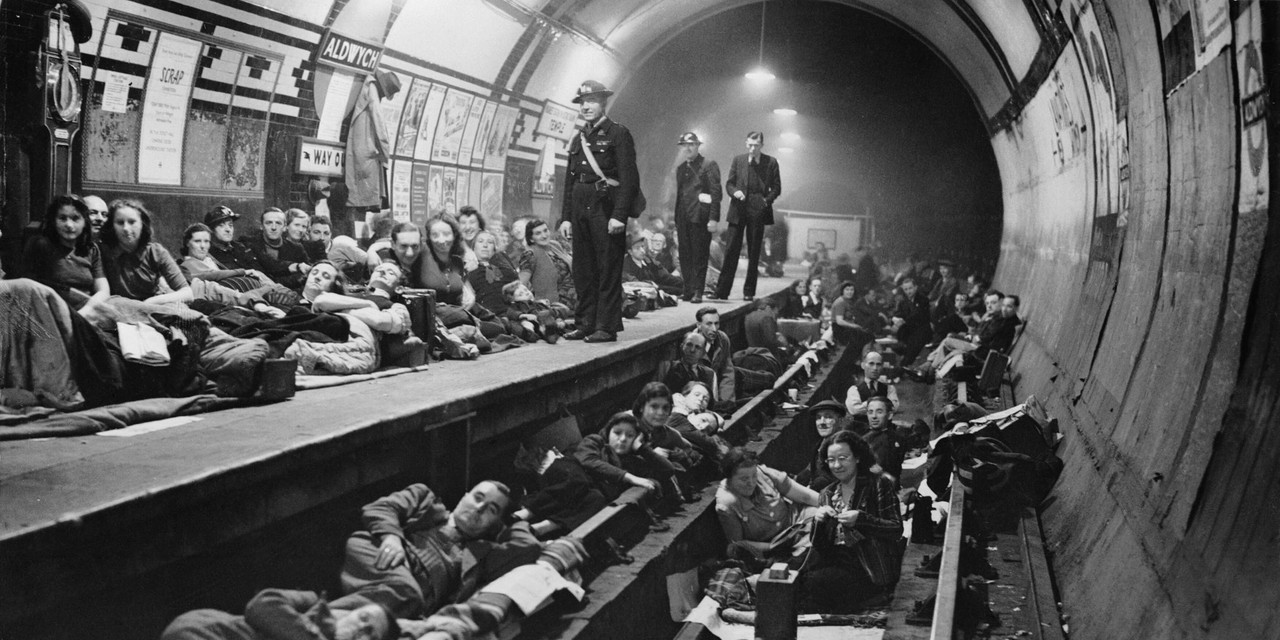In his latest work, Blitz, filmmaker Steve McQueen takes us back to wartime London, exploring not only the devastation caused by the German Luftwaffe’s bombing campaign but also the resilience, diversity, and complexity of the lives caught in its wake. Premiering on Apple TV+, Blitz is a reminder of the human stories that often remain overshadowed by the grand narratives of war.
From September 1940 to May 1941, London was under constant assault during what became known as the Blitz. The German air force unleashed waves of bombings, reducing neighborhoods to rubble and killing tens of thousands. But beneath this chaos, ordinary people carried on, forging bonds and displaying remarkable acts of courage. McQueen’s Blitz zooms in on these untold stories, with a particular focus on the voices often omitted from traditional accounts.
Unlike films that glorify military stories, Blitz turns its lens toward the civilians—the women, children, and Black British—who formed the backbone of the war effort. By focusing on these under-represented stories, McQueen reframes history, offering a more inclusive view of the era's social dynamics. His protagonist, George, a mixed-race boy navigating the dangers of war-torn London, serves as an example of the overlooked yet critical contributions of minorities during the Blitz.
Humanity Amid Ruins
One of the most striking aspects of Blitz is its portrayal of London’s underground shelters, where people sought refuge from the bombings. In these cramped spaces, McQueen captures the raw realities of survival: the mingling of classes, the unspoken racial tensions, and the small moments of kindness that kept hope alive. These scenes are not just about avoiding death but about the struggle to retain humanity when life above ground is shattered.
McQueen’s decision to focus on these settings is no coincidence. The Blitz was not only a physical battle but also a psychological one, forcing people to confront their fears, prejudices, and vulnerabilities. As the director stated in an interview, "While we were fighting against the Nazis, we were also battling against ourselves." This duality—external war and internal reckoning— makes the film as much a story of societal reflection as it is a historical drama.
Memory and Representation
Blitz is not merely a recounting of history; it’s a call to reevaluate how we remember and represent the past. McQueen’s focus on the “forgotten” participants of the war—women working in factories, children displaced from their homes, and immigrants contributing to civil defense—challenges the traditional, male-dominated narratives that have long defined WWII cinema.
By centering Blitz on these underrepresented stories, McQueen ensures that the film resonates with contemporary audiences, prompting reflections on inclusivity, identity, and the lingering echoes of wartime struggles.
Why Blitz Matters Today
In a world still grappling with conflict and displacement, Blitz feels especially relevant. It reminds us that war’s true cost is borne not just by soldiers but by entire communities. McQueen’s emphasis on the universality of suffering and resilience offers a powerful lens through which to view both history and current events.
The legacy of the Blitz lives on in countless ways: in London’s rebuilt neighborhoods, in the stories passed down through generations, and in the memorials and museums dedicated to this defining chapter of WWII. Blitz joins this list.
